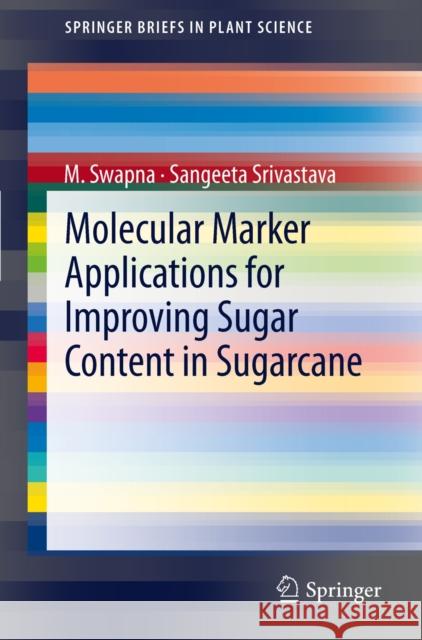Molecular Marker Applications for Improving Sugar Content in Sugarcane » książka
Molecular Marker Applications for Improving Sugar Content in Sugarcane
ISBN-13: 9781461422563 / Angielski / Miękka / 2012 / 49 str.
Sugarcane, an important source of sugar, plays a substantial role in world economy. As a C4 plant this has very efficient system for carbohydrate metabolism through photosynthesis. Crop improvement efforts have concentrated mainly on improving quality traits, mainly sugar content. This being a complex trait, involves a large number of target genes in the metabolic pathway. The complex polyploid nature of the crop makes it more difficult to pin point the key players in this complex pathway.
Despite its importance, little is known about the exact mechanism of sucrose accumulation and its regulation in sugarcane. Many enzymes have been proposed to have a key role in determining the ultimate sucrose content in sugarcane. There are evidences to show that some of these like Sucrose Phosphate Synthase (SPS) and Sucrose Synthase (SuSy) are encoded by multiple genes that show organ specifity in sugarcane. Especially in a crop like sugarcane where the classical techniques are of limited help in elucidating various genetic complexities, molecular techniques can be of help in throwing some light on the grey areas. Molecular marker strategies will be of help in understanding some aspects of sucrose metabolism and its regulation in this crop, thus complementing the ongoing crop improvement programmes.











